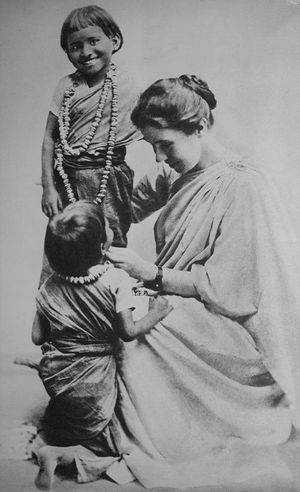People-trafficking is not new. But, born more than 150 years ago, one single, often sick, missionary woman from Northern Ireland dared to challenge it in India.
Hinduism encouraged the temple slavery of children. It was prostitution perpetrated in the name of that ancient religion, where little girls and boys were sold to ‘marry’ the Brahmin temple priests.
When Amy Carmichael discovered what was happening she was so horrified by the practice that she began a work to rescue children from the temples. Her mission station in Dohnavur in South India grew to accommodate hundreds of children.
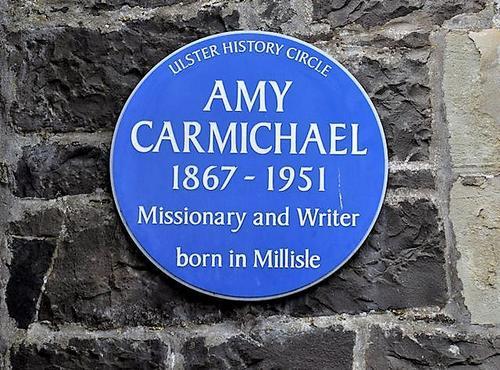
Children’s mission
Amy Carmichael, the oldest of seven children, was born on 16 December 1867 in the coastal village of Millisle in Northern Ireland. Her parents were sincere Christians who taught Amy about the love of God.
In 1883, while at a girls’ boarding school in Harrogate in Yorkshire, Amy put her trust in Jesus, during a special mission to explain Christianity to children.
Years later Amy wrote: ‘My mother had often talked to me about the Lord Jesus and, as I sat on her knee, she had sung hymns to me. I had felt the love of the Lord Jesus and nestled in his love just as I had nestled in her arms. But I had not understood that there was something more to do, something that may be called coming to him, or opening the door to him, or giving oneself to him’.
As they sang ‘Jesus loves me, this I know; for the Bible tells me so’, Amy asked Jesus to be her Lord and Saviour. She believed that he had suffered on the cross, paying for her sin, and that three days later he had risen from the dead.
Because of financial difficulties the Carmichael family moved to Belfast, where Amy studied music, singing and painting. One Sunday morning, returning from church, she and her brothers helped an elderly, poor lady, but while doing so she ‘heard’ God speak to her, almost with a blinding flash, through Bible words engraved on a nearby fountain.
It was to change her life’s values. She started visiting people, teaching children and visiting the slums with the Belfast City Mission.
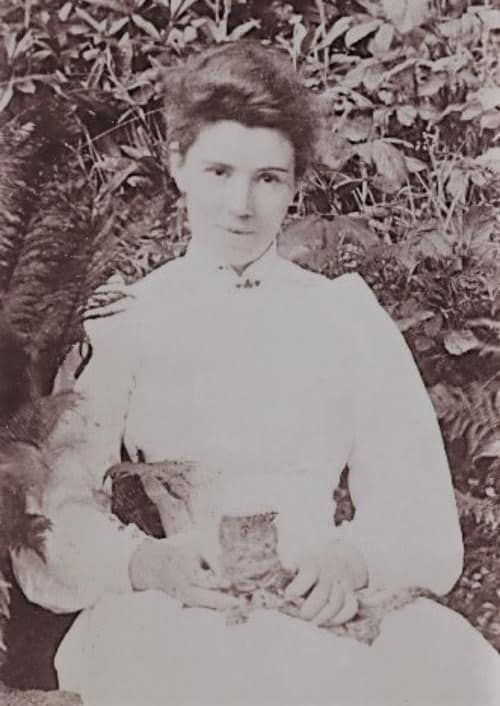
‘Shawlies’
Local girls who worked in the nearby mills were called shawlies, because of the cheap shawls they wore over their shoulders. They worked in poor conditions, 14 hours a day, for very little money.
Amy brought them to church services, but they were not welcomed by everyone. So she decided to purchase a tin building — ‘The Tin Tabernacle’ — for £500, call it the Welcome Hall and make it a meeting place for the shawlies. Today it is still there, though it is called Welcome Evangelical Church, and is off the Shankill Road in Belfast.
Around 1888 the Carmichael family was facing bankruptcy. Amy and her mother moved to Manchester, but, again, Amy worked among the people of the slum areas.
The conditions where she worked were terrible and soon Amy became desperately ill. She moved to the Lake District to care for a widowed, elderly, Christian man. But, again, God spoke through an audible voice to her, calling her to go overseas as a missionary.
The cost was great all round, but she knew that the most important thing was to obey God’s will for her. She said, ‘Nothing is too precious for Jesus’.
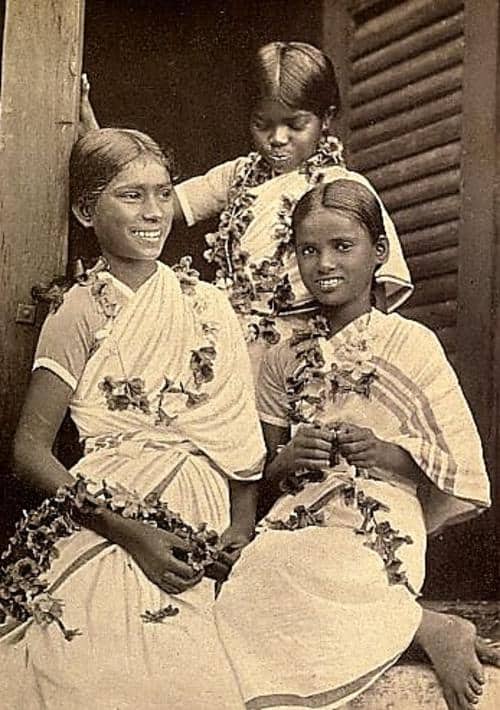
‘Starry Cluster’
Amy first worked in Japan, then Ceylon, but her main life’s work was to be in Southern India. She didn’t follow the usual missionary way of working, but wore Indian clothes and lived amongst Indian women who had been persecuted after being converted to Christ from Hinduism.
They were called ‘The Starry Cluster’. They travelled and shared the good news in the open air, preaching that Christ Jesus came into the world to save sinners. They wanted their hearers to understand that it is not through religious ritual that a person can come to know God, but through trusting in Jesus and finding forgiveness, so that one can come into an everlasting relationship with God. However, when children became Christians, they were often bitterly persecuted, even by their own family.
Amy was to meet Preena, a little girl whose widowed mother had given her to a Hindu temple, where she was ‘married to the god’. She was to become a temple prostitute. Prima tried to run from her plight, but as a punishment her hands were branded with a red-hot poker. Eventually she did escape and amazingly managed to get to Amy, who took her into her care.
When Amy or ‘Amma’ understood this terrible trafficking of children in the name of Hinduism, she began to take in first girls, and then boys, filling a growing refuge for children. It was called Dohnavur.
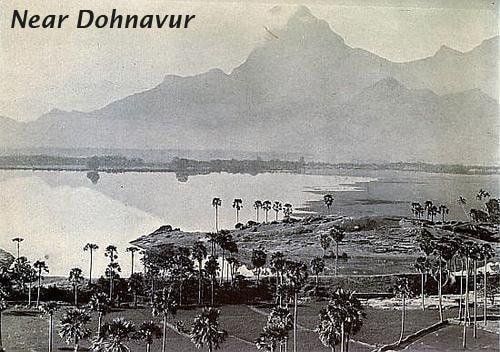
Dohnavur
With other Indian women, Amy not only created a large hostel, but also a hospital for children. She prayed to God for all the money and medication that was needed.
Amy faced great opposition to all she was doing, but eventually her efforts and tireless labours as a social reformer led to the law in India being changed, to protect children from the abuse.
After an accident in which she broke her leg and ankle, Amy spent the last 20 years of her life confined to bed as an invalid. They proved to be productive years, as she wrote books (37 in all) and poems which speak of her intimate relationship with God, through all that Jesus did in his life, death and resurrection.
‘All that grieves is but for a moment;
All that pleases is but for a moment;
Only the eternal is important.’
On 18 January 1951, Amy died at Dohnavur, aged 83. She had worked there for over 50 years without ever returning to the UK. Throughout her life, she had looked forward to seeing her Saviour in heaven. Now because of all he had done for her, she is with him eternally.
Remember that Jesus, the Son of God, died for all sinners. Amy said, ‘When I consider the cross of Christ, how can anything that I do be called sacrifice?’
Legacy
A bird bath under a tree in Dohnavur commemorates her. On it is inscribed the simple word ‘Amma’ (meaning ‘Mother’). However, Amy Carmichael’s legacy lives on: the Dohnavur Fellowship continues in India caring for children rescued from situations of danger; and the Welcome Evangelical Church in Cambrai Street, Belfast is thriving.
In August 2016, Welcome opened the Amy Carmichael Centre, serving a purpose in keeping with Amy’s original desire to care for the whole person. Her books are still popular giving inspiration to their readers.

